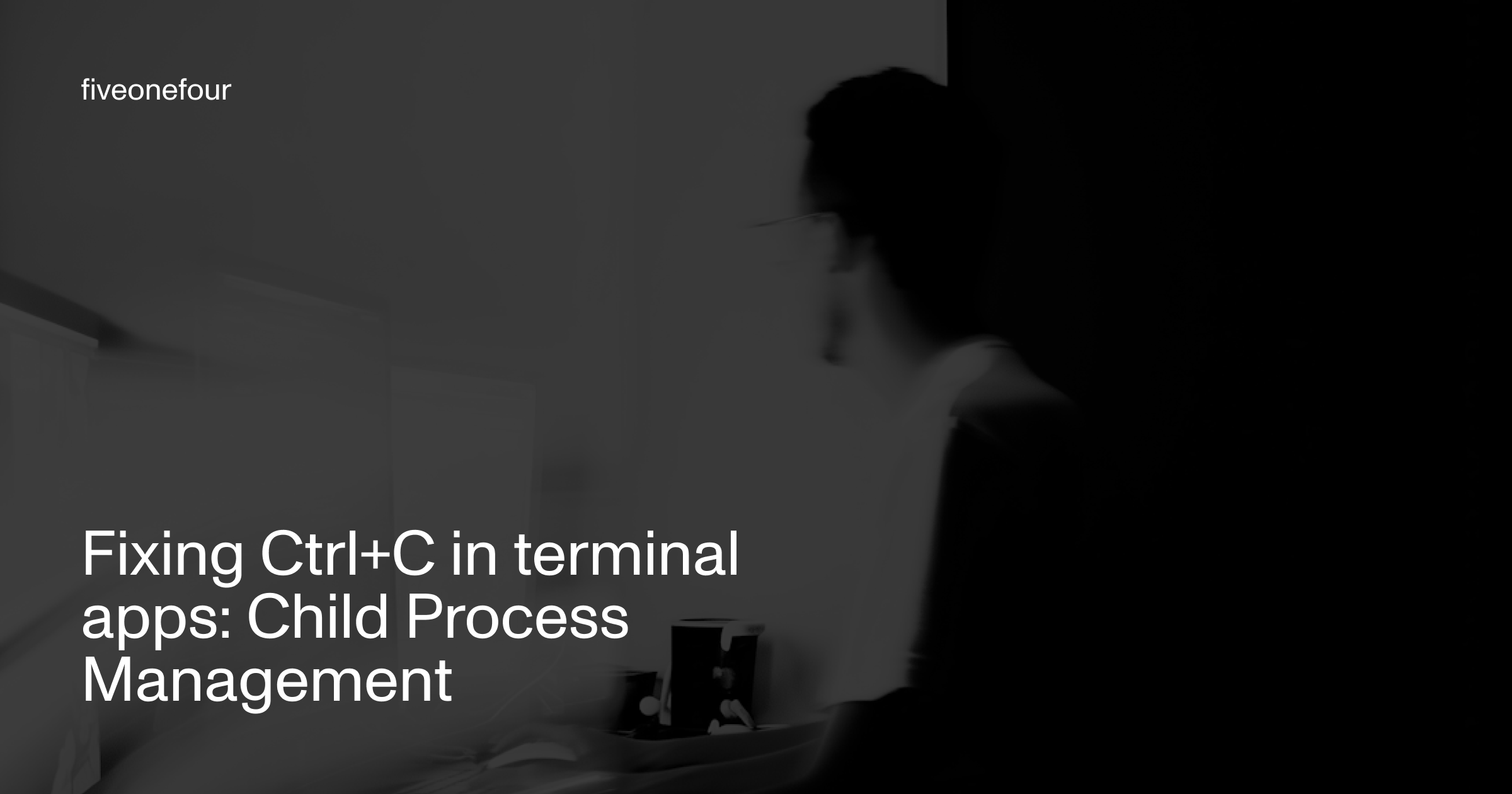The Ultimate Guide to MCP Auth: Identity, Consent, and Agent Security
Let me start with this: adopting MCP in production today is a bit like trying to install a rocket engine on your bicycle. It will take off, just not necessarily in the direction you intended. And if you’re anything like us, you’ll probably end up duct-taping half of it together while searching how to “override OAuth token expiration” at 3 a.m.
But that doesn’t mean it’s not worth it. Model Context Protocol (MCP) introduces a whole new model for building intelligent, agentic systems. It gives AI agents the context they need to reason, decide, and act, not just call APIs. It also introduces a set of security and identity challenges that most systems today simply aren’t designed for.
This guide is about those challenges. Specifically: identity, consent, delegation, and the architectural groundwork needed to secure MCP-based systems.
Let’s clear this up early. MCP is not a smarter API gateway or a prompt formatting spec. It’s a protocol designed to give agents access to contextualized tools—and with that, the capacity to make decisions.













